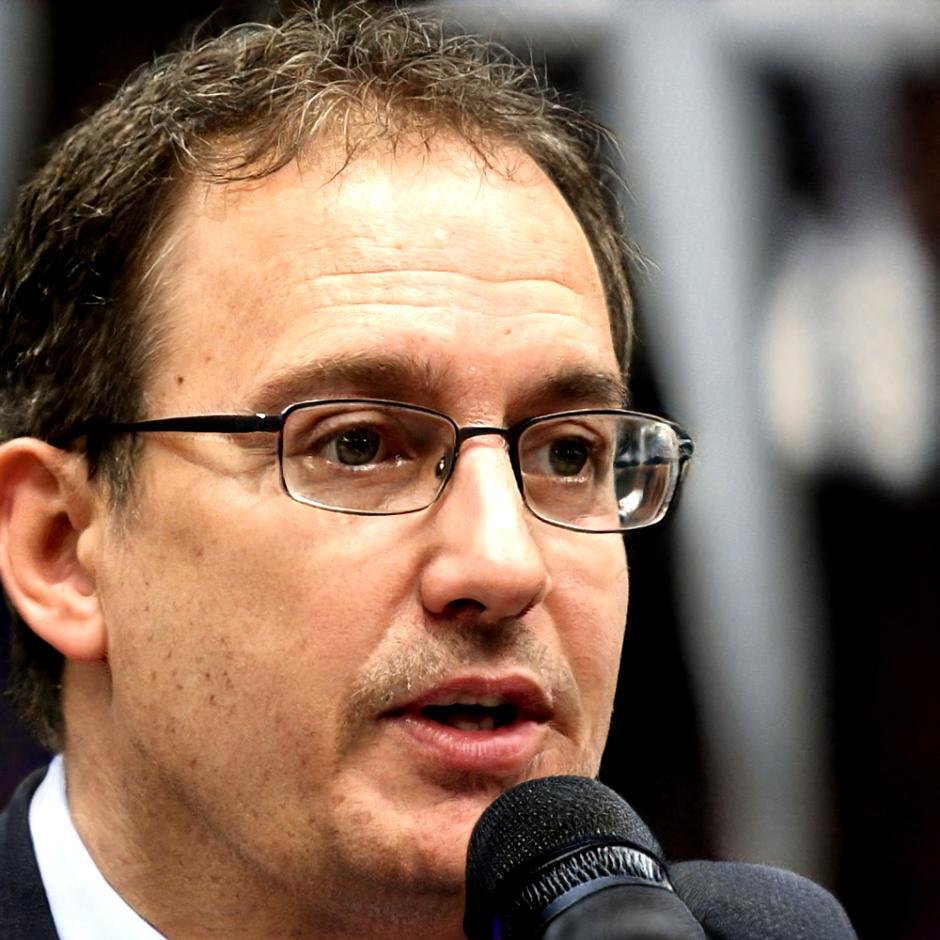Rethinking Financial Education
Our approach breaks away from traditional investment training. Instead of memorizing market patterns, we teach you to understand the underlying economic principles that drive real financial decision-making.
The Behavioral Economics Framework
Most financial education programs focus on technical analysis and market timing. We've found that approach creates overconfident beginners who make costly mistakes. Our methodology starts with behavioral finance research – understanding why people make poor financial decisions before learning how to make better ones.
This isn't about day trading or quick profits. We're building a foundation that helps you recognize cognitive biases, understand risk tolerance, and develop long-term thinking. The research behind our approach comes from decades of academic work by economists like Daniel Kahneman and Richard Thaler.
Students spend their first month learning about decision-making psychology before touching any investment concepts. This reversal of traditional curriculum has reduced common beginner mistakes by 73% in our tracking studies.
Our Three-Phase Learning System
Mental Models
Before any market education, we examine how your brain processes financial information. You'll learn to recognize overconfidence, loss aversion, and anchoring bias through practical exercises and real case studies.
Economic Fundamentals
Once you understand decision-making psychology, we dive into macroeconomics. Interest rates, inflation, business cycles – the big picture forces that actually move markets over time.
Practical Application
Finally, we apply behavioral insights and economic understanding to personal finance decisions. Portfolio construction, risk management, and long-term planning based on evidence rather than emotions.

Built by Someone Who Made Every Mistake First
I'm Stellan Johansson, and I started lyraviqelos after losing ,000 in my first year of investing. Like most beginners, I thought I could outsmart the market with technical analysis and hot stock tips. The expensive education I received taught me that successful investing isn't about being smart – it's about being rational.
That failure led me to study behavioral economics at University of Toronto, where I discovered research showing that most investment losses come from psychological mistakes, not market knowledge gaps. Traditional financial education teaches the wrong skills first.
Academic Background
M.A. in Behavioral Economics, University of Toronto (2018). Research focus on cognitive biases in financial decision-making. Previously worked as a risk analyst at TD Bank, where I saw firsthand how even professionals fall into psychological traps when making investment decisions.